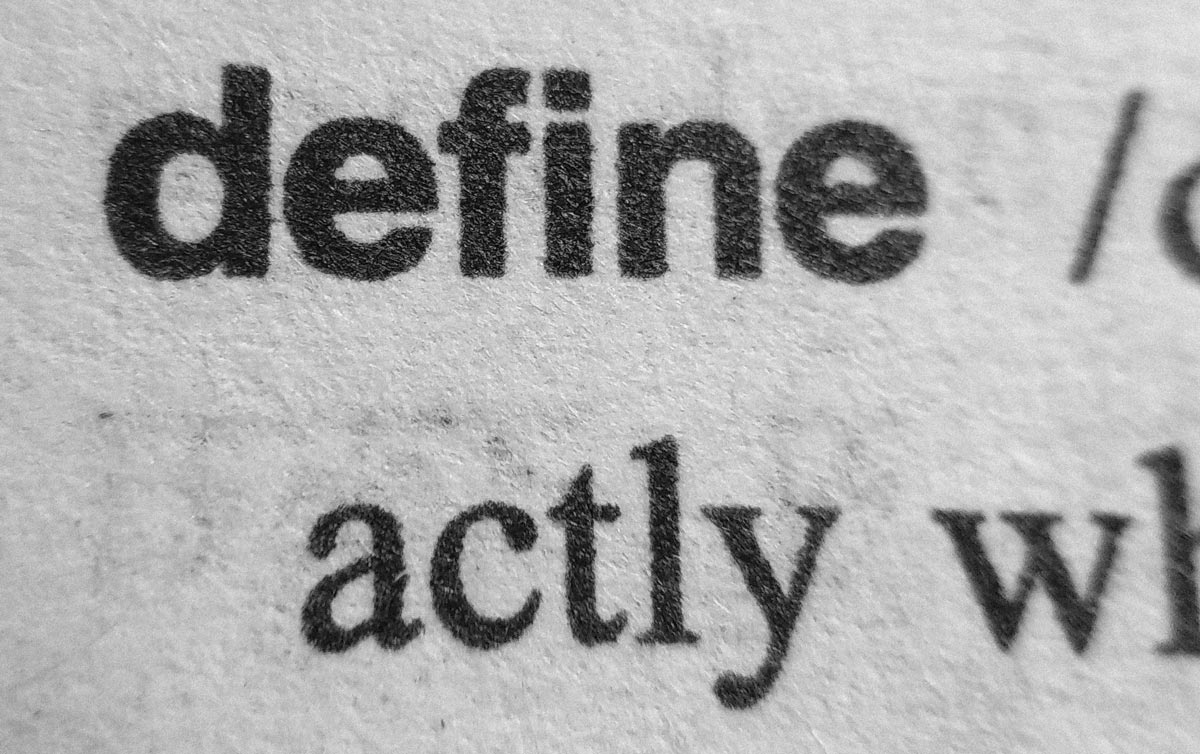“And blessed is he, whosoever shall not be offended in me.”
Written by: Pastor Joel
We begin at the end of John the Baptist’s life, where we catch a glimpse of his imprisonment as recorded in Matthew 11:1-6. In my Th.D. dissertation (1), I follow the lead of men such as Matthew Poole, a Calvinist Protestant, and John Gill, a Calvinist Baptist, both of whom argue here that John the Baptist was not so much doubting whether Jesus was the Messiah, as he was using a teaching opportunity to his few remaining disciples to cause them to see for themselves that Jesus in fact was the Messiah. In other words, John was in essence saying, “Why are you still with me? Go to Jesus and ask Him if He is the Messiah, and see what He says.” This viewpoint argues that John did not want disciples at this stage of his life, and that he was trying to send his few remaining followers away from him to follow Christ.
As I reflect on this interpretation a decade after having written my dissertation, I still believe that John was sending his disciples to Jesus, and there are several strong arguments in favor of that view which are difficult to overthrow. We want to be careful, however, that we do not make John into some sort of a “Super Man,” incapable of having doubts, especially when faced with imprisonment and not having seen the Kingdom of Heaven realized. So while I still do not believe that John doubted that Jesus was the Messiah, I do believe the imprisonment that he faced and the isolation that he endured could have, even would have, had some sort of an affect on his thinking or upon his attitude or spirit.
I highlight verse six of Matthew eleven, where the Savior says, “And blessed is he, whosoever shall not be offended in me.” This tenth beatitude, like the nine that precede it in the Sermon on the Mount, is spoken to disciples, those who are following, or at least endeavoring to follow, the Lord Jesus Christ. Using a conditional sentence, the Lord teaches that there is a blessing for those, whoever they might be, who are not offended with him. The word offended is from the Greek word skandalidzo, and it seems to have the root idea of “stumbling.” To stumble is to miss one’s step, and it usually precedes falling down. The word skandalidzo is used often in Matthew to speak of those who had a hard time hearing what Christ was teaching.
Putting this together, it seems that someone, either John, or John’s disciples, or someone else, had become less than content. There was a possibility of being offended. And this discontentment or offense is specifically directed toward the Lord, as we see from the little phrase, “offended in me.”
We are speaking on the subject of Immutability and Identity. Immutability is one of the first big theological words that we learn in our theology studies. It is a Bible word, appearing in Hebrews 6:17-18 (2), but we also use it to restate a biblical truth. The word immutability is used exclusively, in our theology classes, to refer to God. It is used to describe one of His non-moral attributes. It is something that God has and man does not have. Immutability refers to the truth that God is not subject to change, in fact, it is not a possibility that God could be susceptible to change. God does not change. God is not mutable. Whether we conceive of God within time, or outside of time in eternity, God is the same. God does not change; that is immutability.
Identity is a word that relates much more to man. Like the word immutability, the word “identity,” while not a Bible word, is a theological term, and as it relates to anthropology, it is somewhat of a psychological term. Identity deals with who we are as people. Who am I? What is man? What is the truth about who I am? How do my personality, thoughts, and experiences relate to the truth? These are questions of identity.
Before you wonder too much about what I’m talking about, let me just come out and tell you what I am going to tell you: changes may be coming. It is possible that changes may come into your life that could cause you to question your very identity. Families change. Your family could change. Churches change. Your church could change. Nations change. Your nation could change. And all or any of those changes could have an enormous impact upon your identity.
Now you might speak up and protest what I’m saying. You might say, “Not me! I won’t change. I won’t have an “identity crisis.” I know what I believe! My mind is made up! I’m not concerned about my identity.”
I remind you: the Lord allowed something to happen relative to the life of John the Baptist, that caused the Lord to utter the words of Matthew 11:6 – “And blessed is he, whosoever shall not be offended in me.” I do not know who the whosoever was that the Lord had specifically in mind when He uttered these words. It may have been John the Baptist, of those born of women, none greater than he. I do not know. It does seem that the statement was directed to the Lord’s followers, not toward those who were not following Him. Nonetheless, I do know, for myself, that I today am included in the “whosoever” of Matthew 11:6, because it is possible for me to be offended at the Lord for the changes which He allows to my identity.
I think of an illustration of this. (I’m putting an illustration into my introduction, that’s how bad a sermon this is). I believe, along with other commentators, that John the Baptist had access to the entire canon of the Hebrew Scriptures. I also believe that John, the son of Zacharias the priest, was well versed in the Ancient Scrolls and their ancient words. Therefore, I believe that John the Baptist had read the Old Testament book to which I refer us now as an illustration, what I believe to be the first book of the Bible written, and that, of course, is the book of Job. There is probably no better book to look at than Job on the subject of the immutability of God and the identity of man. And that is what we will begin to do in part two.
(1) Joel R. Grassi, The Church That John the Baptist Prepared, (unpublished Th.D. dissertation, Emmanuel Baptist Theological Seminary, Newington, CT, 2005).
(2) “Wherein God, willing more abundantly to shew unto the heirs of promise the immutability of his counsel, confirmed it by an oath: That by two immutable things, in which it was impossible for God to lie, we might have a strong consolation, who have fled for refuge to lay hold upon the hope set before us:” Hebrews 6:17-18
Read more blogs written by Pastor Joel!

Our church is known as the Commonwealth Community Baptist Church of the Bronx. Sometimes people will refer to our church simply as “Commonwealth.”

As everyone in our church knows, this past Christmas season we completed a detailed study of I Timothy 3:16.

Notice Job 3:11-16, particularly verse 16. Here the man Job is in the midst of cursing the day he was born. He is wishing that he would have been born dead. He asks why his life on earth could not have ended on the day it began. And by the time he gets to verse […]